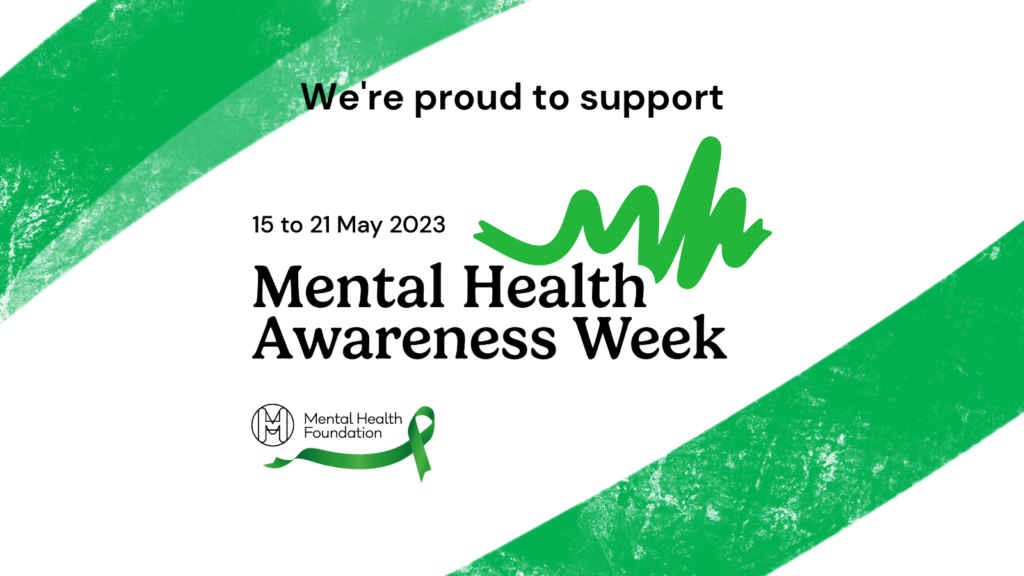
In today’s fast-paced work environment, anxiety has become a common problem that many people face. While a little bit of stress can help increase productivity, too much anxiety can harm our mental and physical health, causing difficulty in focusing and making us more prone to making mistakes. Coping with anxiety at work can be a challenge, but with the right strategies, it can be managed effectively.
We’ve broken down some key steps that are a great place to start with anxiety management in the workplace. Take a look below:
Identify Triggers
The first step in managing anxiety is to identify the triggers that cause it. It could be a specific task, an upcoming meeting or presentation, or a difficult colleague. Once you have identified the triggers, you can develop a plan to deal with them effectively. For example, if you feel anxious before a meeting, try practicing your presentation with a friend or colleague to build your confidence.
Develop a Routine
Having a routine can help reduce anxiety. Try to establish a consistent work schedule, including regular breaks and exercise. This can help you feel more in control and less overwhelmed by your workload.
Take Breaks
Taking regular breaks is essential for managing anxiety. It can help you refocus your mind and reduce stress levels. You can take a short walk, stretch, or practice deep breathing exercises to help you relax.
Prioritise Tasks
Prioritising tasks can help reduce anxiety by breaking down your workload into manageable parts. Start by creating a to-do list and identifying which tasks are the most important. Focus on completing the most critical tasks first, then move on to the less important ones.
Maintain a Healthy Lifestyle
A healthy lifestyle can help reduce anxiety. Make sure you get enough sleep, exercise regularly, eat a healthy diet, and avoid unhealthy habits such as smoking or excessive drinking.
Seek Out Support
Talking to someone you trust about your anxiety can help you feel less alone and more supported. It could be a friend, family member, or a mental health professional. If your anxiety is affecting your daily life and work performance, seeking professional help may be the best course of action.
While anxiety is a common problem, it does not have to control your life. With the right strategies, you can manage your anxiety effectively and improve your overall well-being.
More information and resources on anxiety and how to manage it in your day to day life can be found on the Mental Health Foundation Website.
